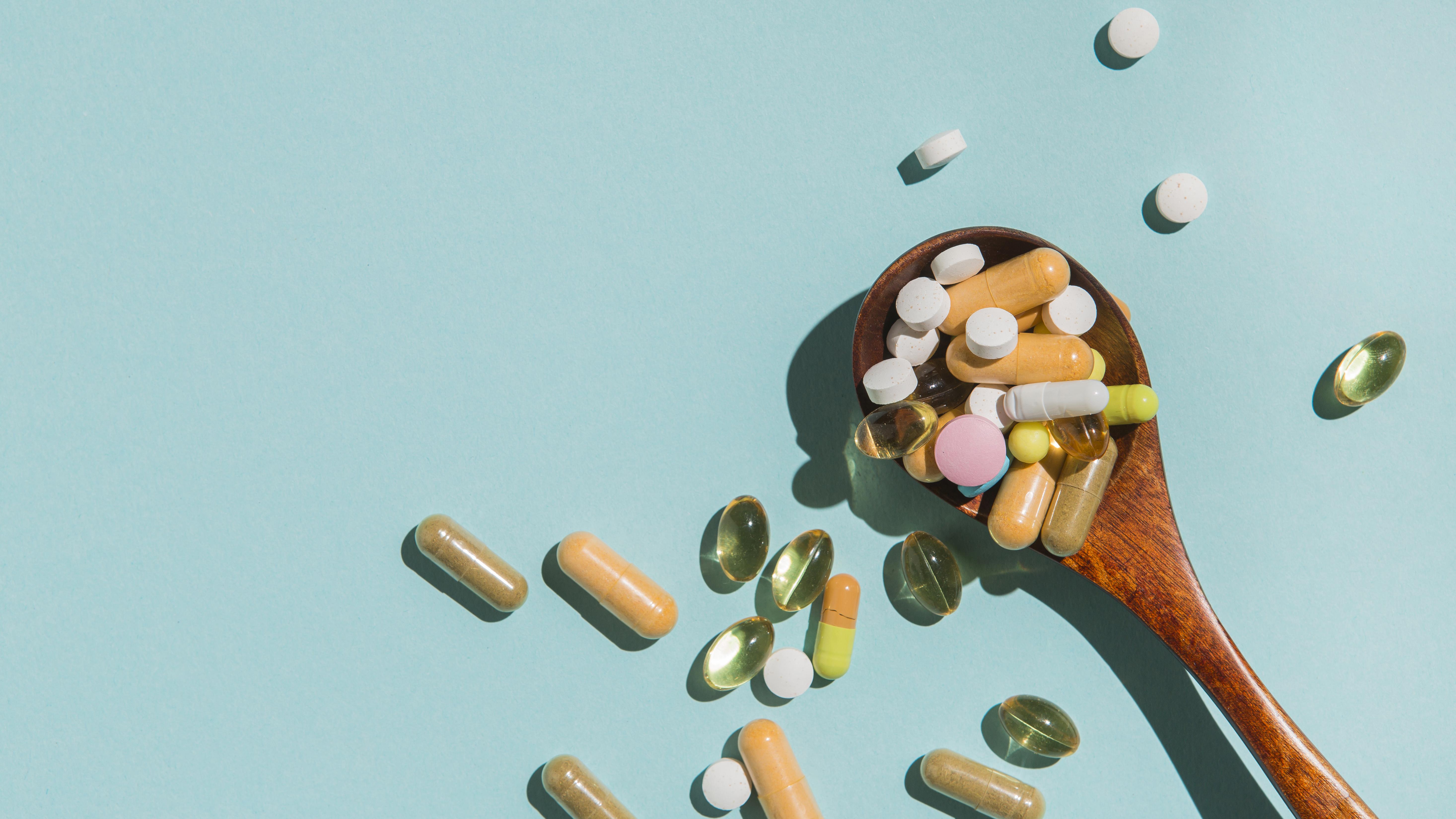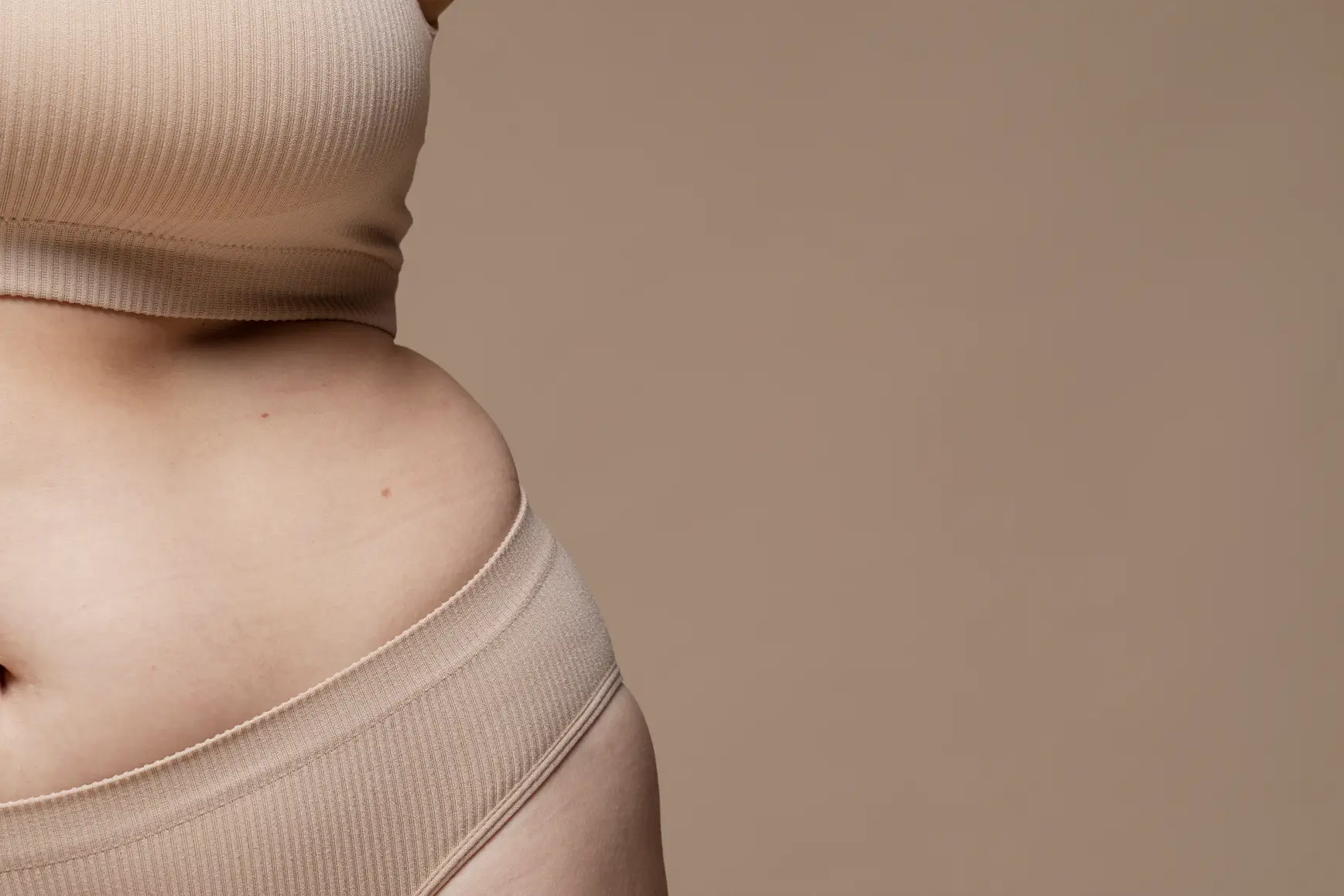During menopause, muscle pain can appear or get worse.
Hormonal changes—especially the drop in estrogen—can affect muscle tone and make muscles more sensitive.
Some women feel mild discomfort… others real soreness without effort.
Why more muscle pain during menopause?
Estrogens don’t just regulate cycles: they also support the health and tone of our muscles.
When levels fall, muscles recover less well and become more sensitive to fatigue or inflammation.
Add a bit of stress, less movement, or lighter sleep, and hello muscle soreness.
What you may feel:
- Muscle stiffness on waking, as if the body “rusted” overnight
- Soreness after light efforts (carrying groceries, walking faster)
- Muscles that pull or “burn” even without exercising
- Muscle fatigue at the end of the day, even without intense activity
- Loss of tone or the feeling you no longer have the same strength
Steps that help relieve muscle pain:
What really works:
- Stretch every morning for a few minutes to release tension
- Add a protein source to your breakfast
- Take a course of magnesium bisglycinate
- Strengthen muscles gently with Pilates, core work or resistance bands
Rituals that feel good for body and mind:
- A warm Epsom-salt bath at day’s end to relax muscles and mind
- A massage or dry brushing, even a quick one, to stimulate blood and lymph flow
Do you recognize yourself?
You are not alone.
These pains are common, and you can soothe them.
By caring for your muscles, you gradually regain your energy.
Subscribe to newsletter
Get expert tips, fresh insights, and early access to features designed to support your journey.
Sign up for newsletter
Get expert tips, fresh insights, and early access to features designed to support your journey.










